



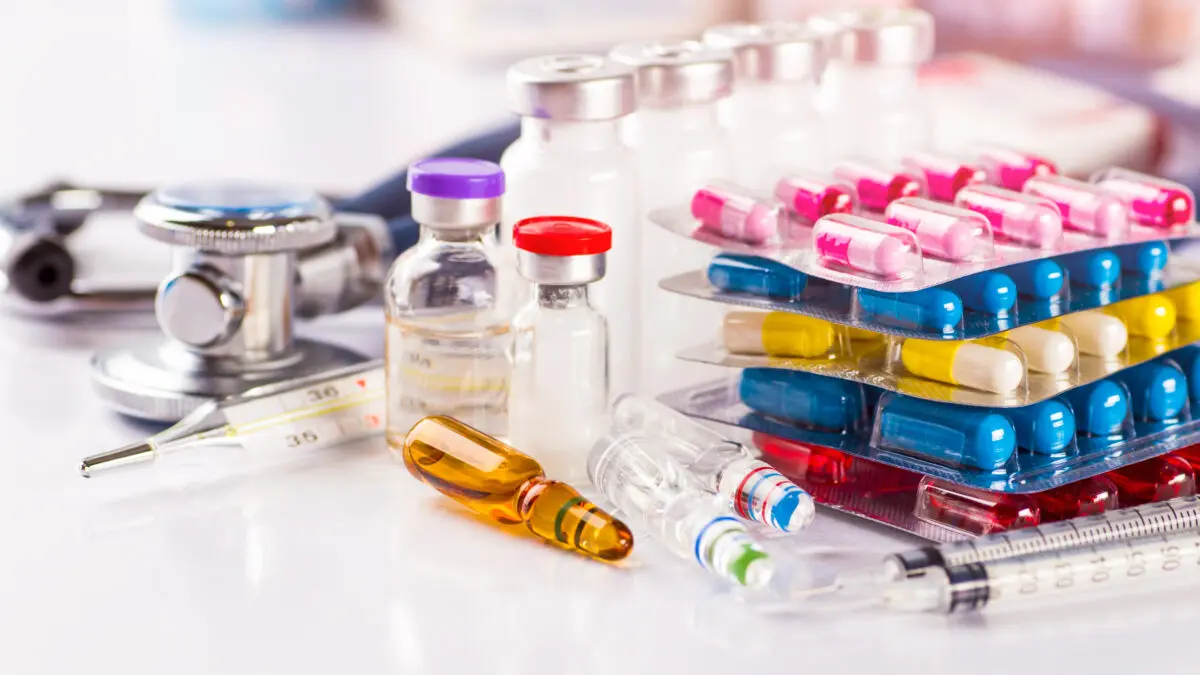

Copyright infringement not intended
Picture Courtesy: https://www.ipha.ie/continued-long-waits-for-new-medicines-in-ireland-means-minister-donnellys-new-working-group-must-deliver-change/
Context: The Union Health Minister recently announced that India is set to revive domestic production of Penicillin G by mid-2024.
Details
Why Did Penicillin G Manufacturing in India Stopped in the 1990s?
|
What are Active Ingredients? ●Active ingredients are the essential components in medications that produce the desired effect on the body. They are like the key that unlocks a specific biological process in the body, triggering a healing response or symptom relief. ●Active ingredients can be man-made chemicals, called Active Pharmaceutical Ingredients (APIs), or natural substances derived from plants, animals, or even microbes. ●Active ingredient can also be called active substance, referring to the component in a medication that has a direct healing effect. ●Inactive ingredients are called excipients, they are fillers, binders, and other materials that help deliver the active ingredient effectively. They play a key role in ensuring the medication reaches the target site in the body at the right dose and dissolves or releases at the desired rate. |
Significance of the Initiative
|
Production Linked Incentive (PLI) Scheme ●The PLI scheme was launched by the government to boost domestic manufacturing of essential drugs and active pharmaceutical ingredients (APIs). ●It provides financial incentives to companies that set up and scale up API manufacturing facilities in India. These incentives can take the form of direct subsidies or tax breaks. ●It makes domestic production of Penicillin G and other essential drugs more competitive with cheaper imports. ●By providing financial assistance, the PLI scheme aims to create a level playing field for domestic manufacturers and encourage them to invest in API production. ●It can help to create a stronger and more resilient supply chain for essential medicines in India. By reducing dependency on imports, India can ensure a continuous supply of critical drugs at affordable prices, even during global disruptions. |
Penicillin G
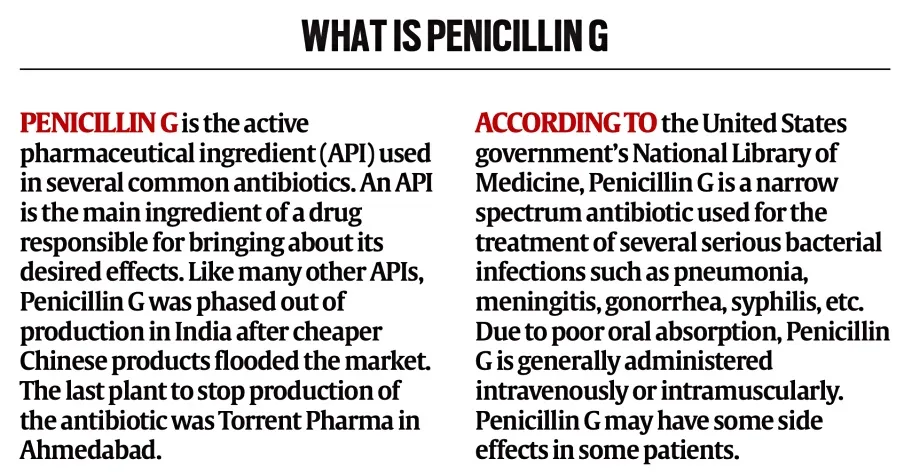
Conclusion
|
PRACTICE QUESTION Q. Why is “Penicillin G” frequently seen in the news? A) Programming language B) Malware C) Satellite D) Antibiotics Answer: D |
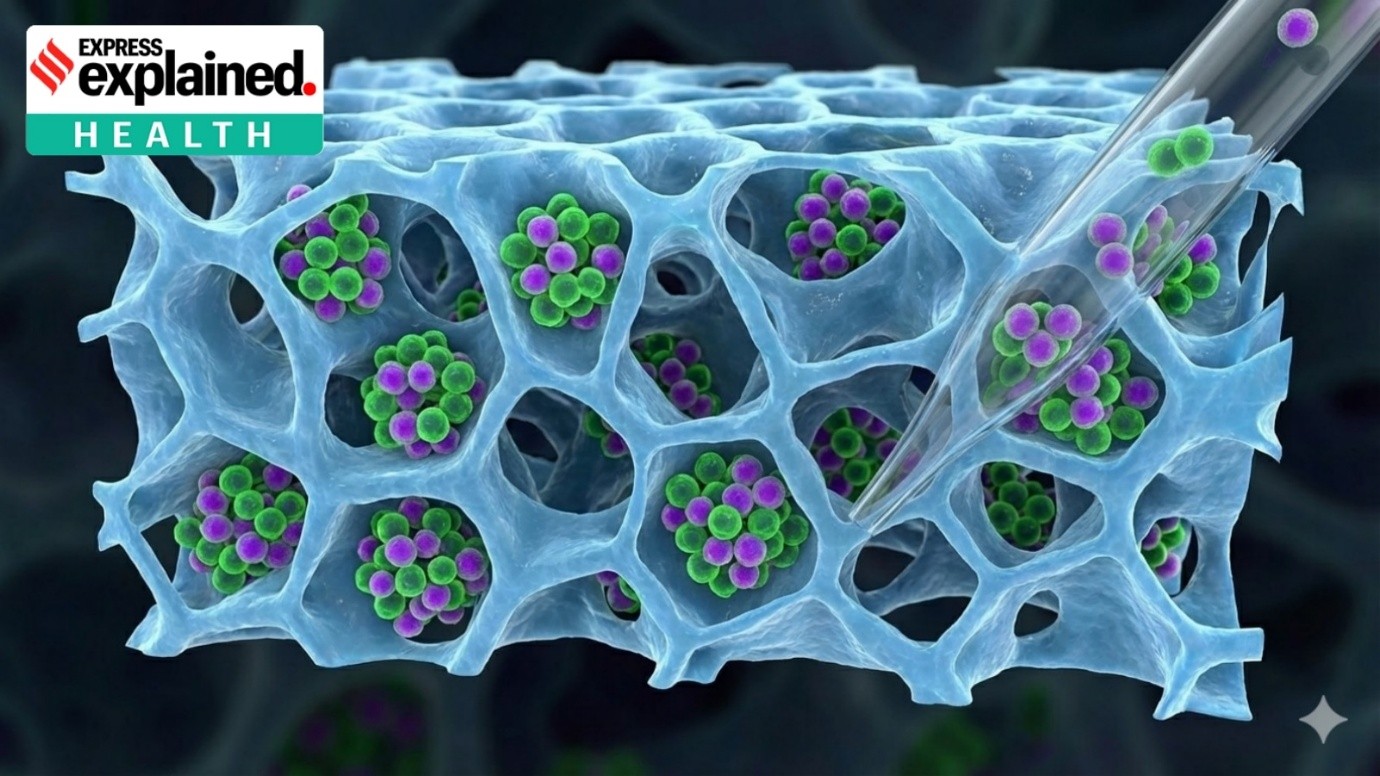
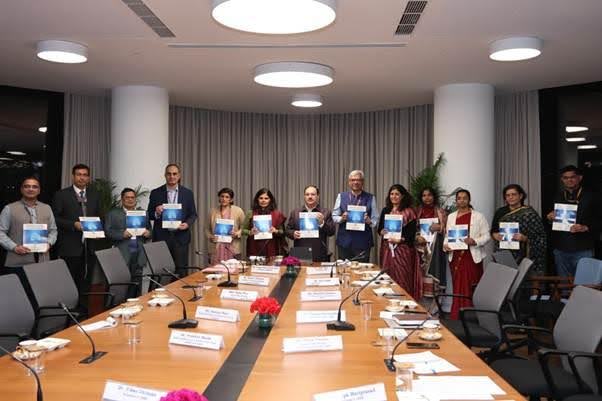
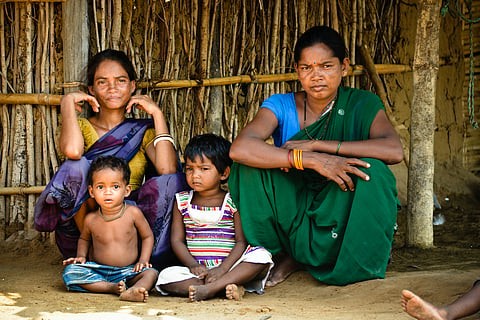

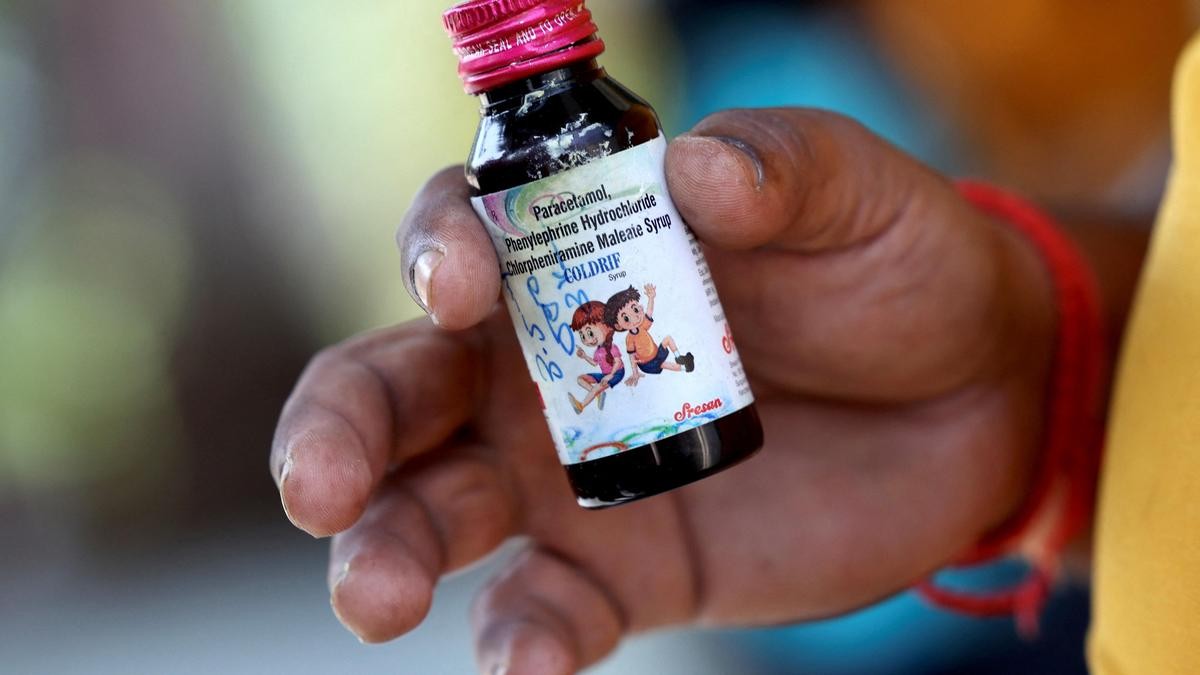


© 2026 iasgyan. All right reserved